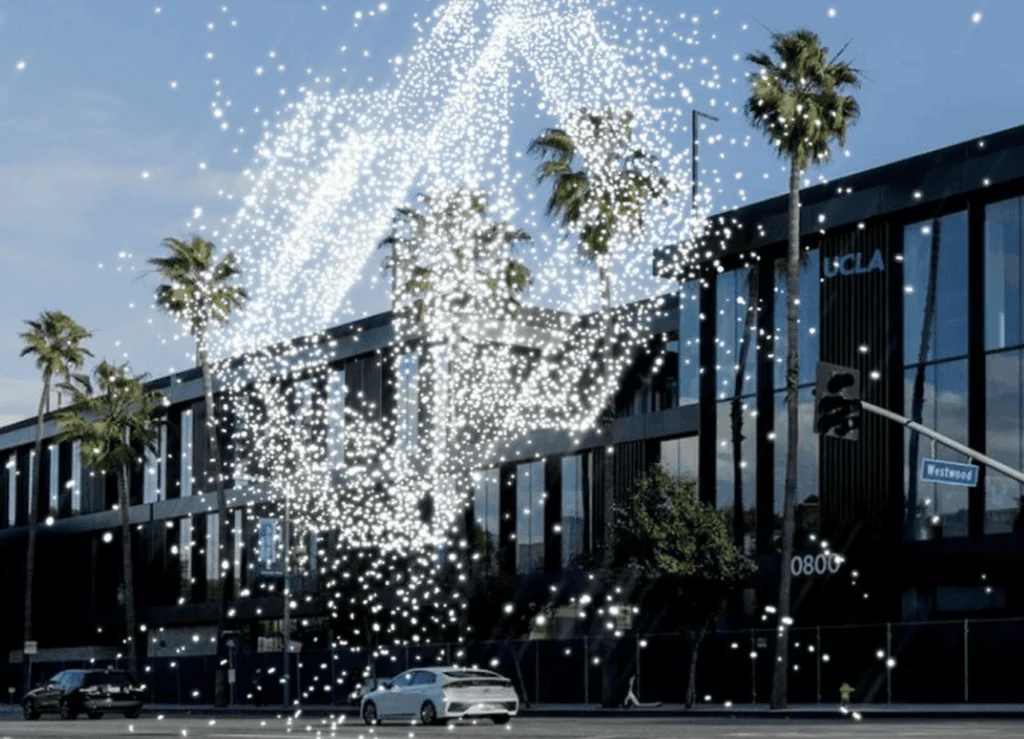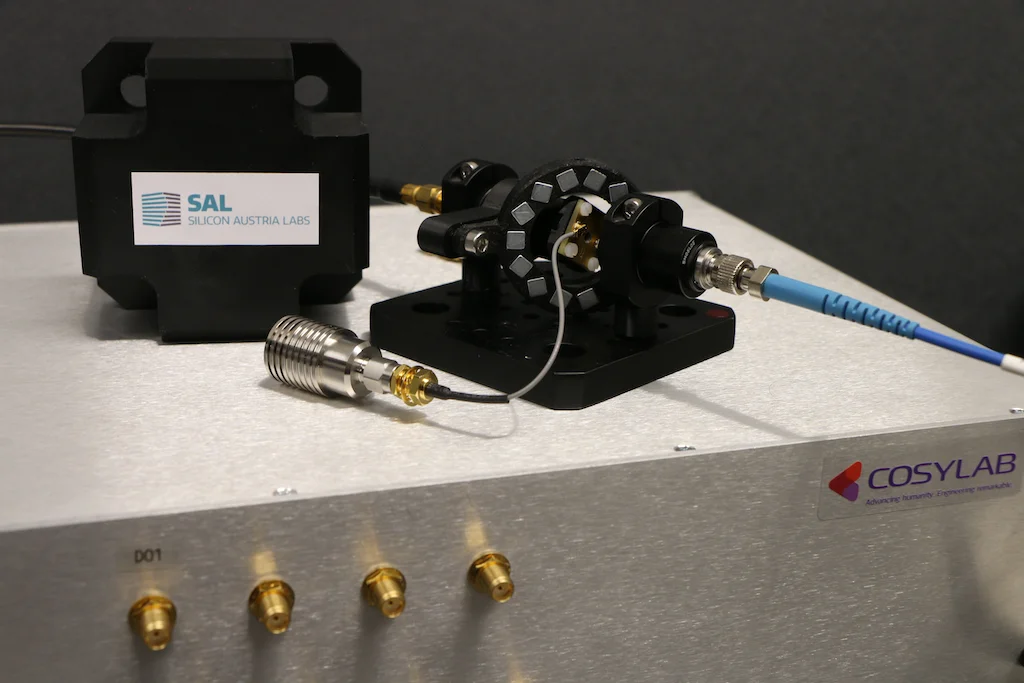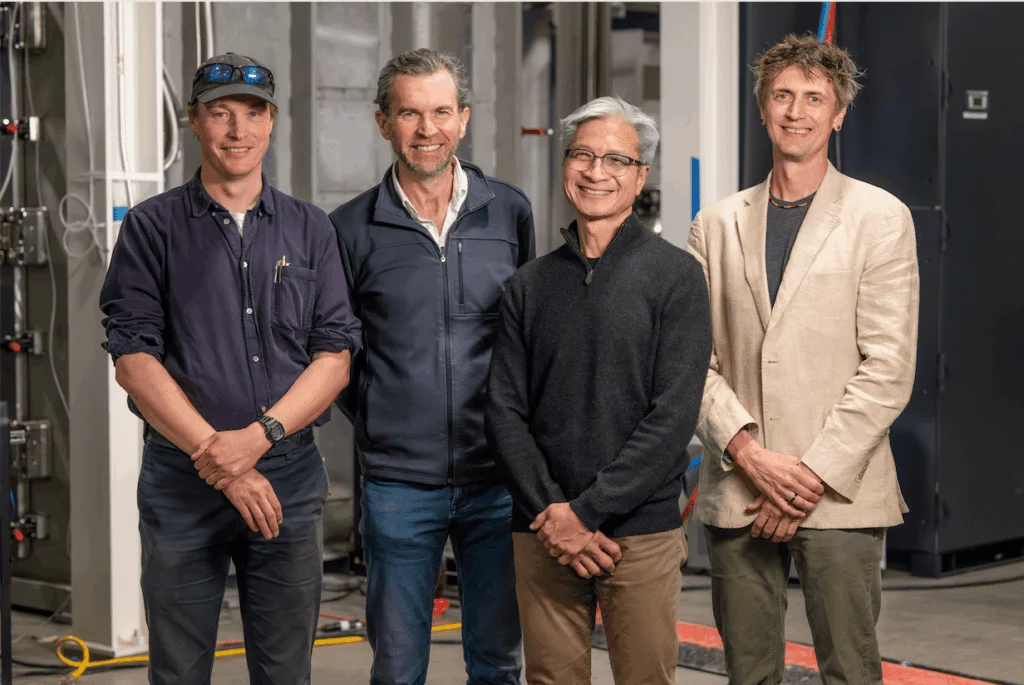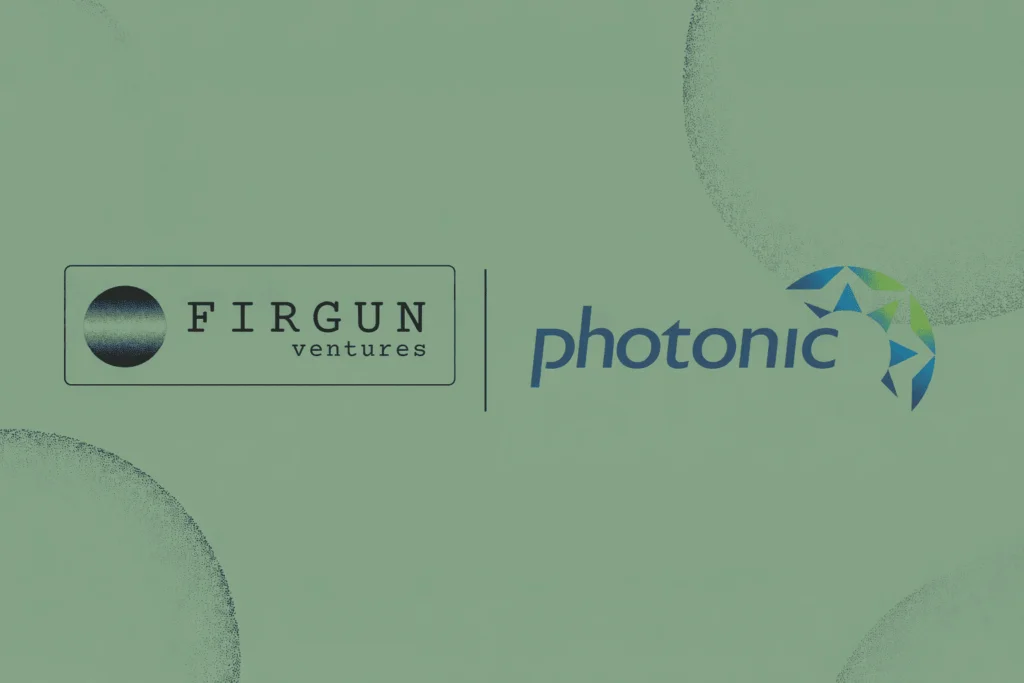Insider Brief
- The U.S. Department of Energy and partners announced the first round of participants dedicated to the Quantum & Space Collaboration.
- Participants include the DOE, Department of Defense (DOD), Infleqtion, Nebula Space Enterprises, and Accenture Federal Services.
- The partners have experience in applied research and deployment of quantum technologies—spanning quantum sensing, communications, and computing.
PRESS RELEASE — The U.S. Department of Energy (DOE), alongside a cohort of strategic partners, announced the first round of participants dedicated to the Quantum & Space Collaboration. This collaborative effort aims to harness cutting-edge quantum technologies for pivotal advancements in national security, energy, and economic prosperity, while also supporting sustainability goals.
The Quantum & Space Collaboration has garnered an array of participants, including the DOE, Department of Defense (DOD), Infleqtion, Nebula Space Enterprises, and Accenture Federal Services. NASA also attended the press announcement event.
Rima Kasia Oueid, the DOE’s lead/architect for the Quantum Space Collaboration and Commercialization Executive at the DOE’s Office of Technology Transitions (OTT), reflected on the significance of this partnership: “This Collaboration has been long in the making and is vital for ensuring that the United States remains at the forefront of innovation. We stand on the brink of a new economic era—one that expands into space, propelled by current and soon-to-be-realized quantum technologies. These advancements are poised to enhance global safety, economic stability, and overall human welfare, while also unlocking the potential to discover and efficiently use space resources. This will also create skilled blue- and white-collar jobs of the future to build the supply chain. Our target is to begin space environmental demonstrations using quantum technologies in early 2024 and to begin evaluating use cases and new commercialization opportunities.”

The collaborating Parties have experience in applied research and deployment of quantum technologies—spanning quantum sensing, communications, and computing (collectively referred to as “QIS”) —to bolster the United States’ leadership in the emergent space economy. The Parties seek to collaborate on quantum and other space-related activities to accelerate commercialization and enable new capabilities that further DOE, DOD, and NASA mission objectives in the next 5 to 10 years.
“We are thrilled to be part of this private-public partnership with the Department of Energy to drive innovation in space. This partnership represents an exciting opportunity to leverage cutting-edge resources and expertise from multiple sectors to accelerate the commercialization of quantum technologies. Together, we will harness the power of quantum sensing, quantum communications, and quantum computing to advance national security, energy, and economic interests,” said Scott Faris, CEO of Infleqtion.
“We are excited to be part of advancing the very latest technologies for Defense and NASA missions. These technologies have broad societal impacts beyond national security, and we consider the MOU a steppingstone towards commercializing computing infrastructure that will enable a growing space economy. New applied use cases of technologies such as Quantum computing and sensing will also benefit and augment several existing terrestrial industries over time.” says Nebula Co-Founders Peter Stridh and Michael Bloxton.
“This collaboration involves the most promising technologies available today, and using them in combination can create a blueprint for the future,” said Garland Garris, quantum security lead at Accenture Federal Services. “We are the first generation with the ability to control systems at the quantum level, and space is the perfect place for exploration and discovery with a lens on providing security.”
More about the collaborating Parties:
- The Air Force Research Laboratory’s Space Vehicles Directorate (AFRL/RV) mission is to develop and transition innovative high-payoff space technologies supporting U.S. warfighters in their service to the country, while leveraging commercial, civil, and other government space capabilities to ensure America’s advantage. AFRL/RV capabilities and areas of expertise include space-based communications, position, navigation, and timing (PNT), intelligence, surveillance and reconnaissance (ISR), defensive space control, space situational awareness, responsive space, and small satellite development.
- The DOE mission is steadfast in addressing America’s energy and environmental challenges, fostering groundbreaking scientific and technological solutions. Central to this mission is the advancement of quantum information science and technologies that ensure cybersecurity, energy security, and optimization. Initial participating offices include the Office of Electricity, and the Office of Technology Transitions.
- Nebula Space Enterprises champions the establishment of high-performance computing in space, working in tandem with AFRL/RV to enhance intelligence delivery to U.S. Warfighters. They aspire to pioneer nuclear-powered quantum computing, propelling space-bound data center capabilities to unprecedented heights.
- Accenture brings a diverse array of skills to the table to support quantum applications in space. These range from quantum information science, quantum security and AI/machine learning to fortifying the pursuit of quantum applications and space demonstrations.
- Infleqtion, a leader in quantum atomics, offers quantum sensors and clocks essential for high-precision data collection, navigation, and intelligence gathering, crucial for next-generation quantum experiments in microgravity environments.
Together, these entities are poised to launch a concerted effort to synergize expertise in QIS, cybersecurity, and space technology development. This includes leveraging their collective technological portfolio to foster a range of space-oriented capabilities, such as quantum-secure communications, quantum sensing, and the integration of quantum with classical computing in orbital environments.
Examples of where the Parties seek to leverage their technology portfolio and platforms include the following capabilities across heterogenous environments:
- Integrate and orchestrate Quantum Secure Communication Demonstration in Orbit
- Integrate and orchestrate QIS Demonstration in Orbit such as post quantum cryptography over satellite communications networks in LEO and GEO
- Support benchmarking of Classical AI/ML Algorithms
- Develop and test quantum algorithms
- Develop use cases for Hybrid Quantum and Classical Computing Space Platform
- Integrate and orchestrate workloads in multiple environments
- Unify and simplify the collection, organization, and analysis of data
- Automate operations to achieve better performance
- Automate IT operations to deliver actionable insights
- Automate application and data flows to improve client experiences
- Generate deeper insights into threats, orchestration actions and automate responses
- Integrate and orchestrate Quantum Sensing Demonstrations in Orbit for imaging, detection, position, navigation, and timing (PNT)
- Develop and test quantum sensing protocols in Orbit
- Develop use cases for quantum sensing in Orbit
- Integrate quantum sensing into a Hybrid Computing Space Platform
- Develop a mesh network of quantum sensors in Orbit
- Integrate and orchestrate Hybrid Quantum and Classical Computing in Orbit
- Develop and test quantum computing protocols in Orbit
- Develop a mesh network of Hybrid Quantum and Classical Computers in Orbit
This collaboration will provide initial feasibility assessments that could form the foundation for deploying a mesh network of full grade datacenters delivering hybrid quantum computing capabilities, enhanced by quantum sensing, powered by nuclear energy, and connected by secure quantum communications.
For more information or to learn how to partner with us, please contact Rima Kasia Oueid, DOE’s Quantum & Space Collaboration lead/architect and OTT Senior Commercialization Executive: rima.oueid@hq.doe.gov
For more market insights, check out our latest quantum computing news here.















